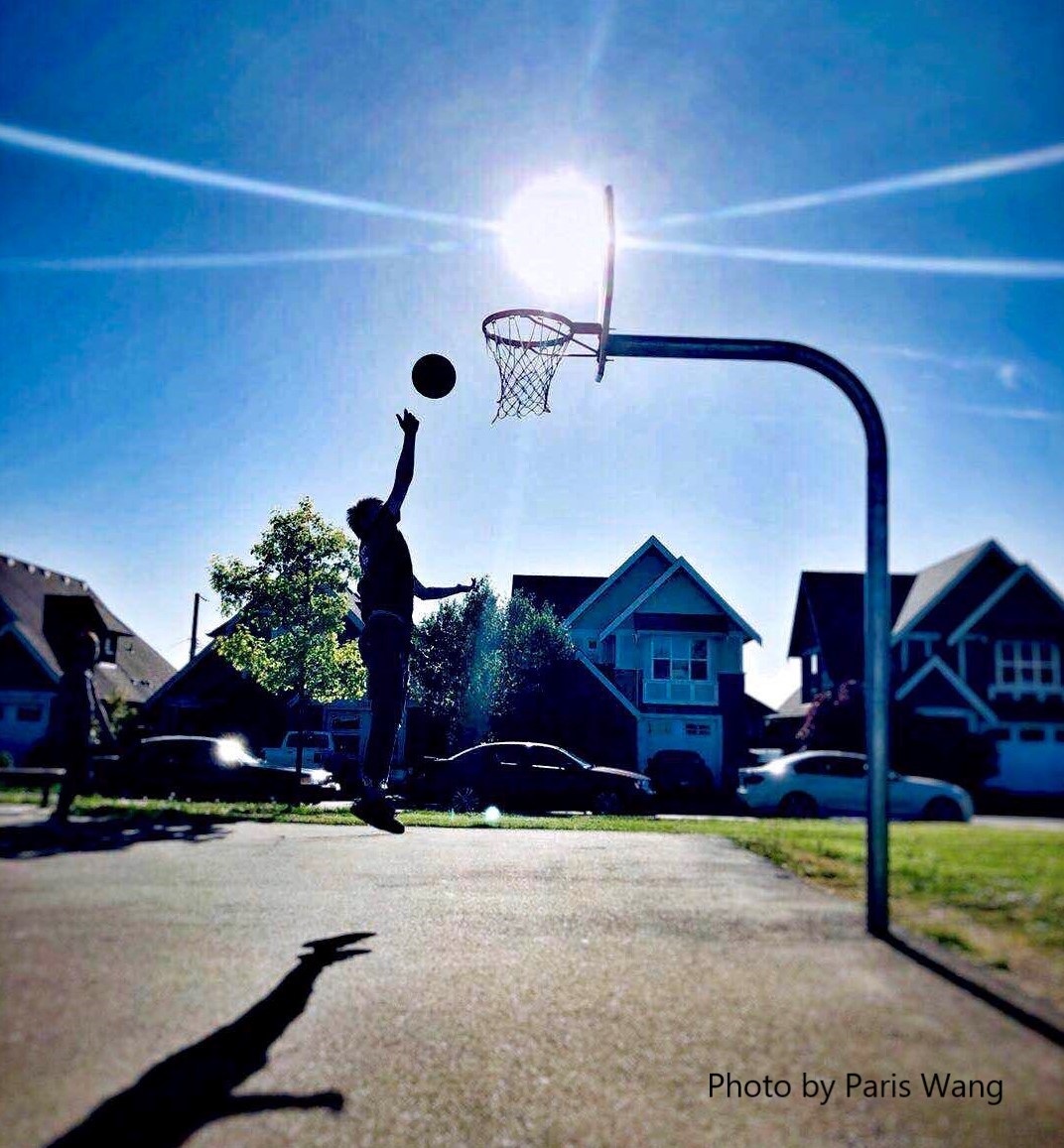Today, people highly rely on technologies to make their life simpler so the definition of “identity” has also been expended to “digital identity”. Identity is “what it means to be who one is including the qualities and beliefs, distinguishing a person or a group from others” (Jawed et al., 2019). Digital identity is people’s presence online, which could include every post on social media, ways to interact with others and how to use digital tools for studying (Stoller, 2016). Digital identity is a person’s footprint on the internet that could present the person and showing who he or she is. Digital identity can also be an identification issued by a government for the purpose of doing taxes, singing documents and more (World Economic Forum, 2019). Consequently, it is possible to learn a lot of information about a person through the internet today.
Social media is a platform to share one’s attributes, beliefs, motives, values and experiences with others. As a result, personal and professional use of social media can be different. Digital professional identity (DPI) is strongly influenced by how people see themselves and the way others and society see them (Jawed et al., 2019). Moreover, in order to maintain a professional identity, people need to learn professional ways and means to communicate social media. That is the identity formation such as peer learning, team working, collaborative learning, leadership, managerial and communication skills, mentorship, ethics and professionalism (Jawed et al., 2019) would be one’s main focus on building a DPI. However, it is clear that connecting to certain communities contributes to both personal and professional identity formation.
People are able to get a sense of community and belonging through social networks, and it is the main reason for people to use social media in building personal identity. In order to have access to a community, people need to do the correct leisure activities to show others that they fit in; right rituals, uniform and right roles are also required to be accepted into the imaginary community (Spracklen, 2015, P. 97). Consequently, most comments of a post tend to reinforce the original post’s opinion because people choose who to friend and who to follow to be surrounded by people who like them (Spracklen, 2015, P. 99).
People need social activities, and building self-identity through social media indeed grants people senses of belonging. However, since people must share their life with others in a public network, people can bend the truth of messy lives into picture-perfect moments for the purpose of wining social confidence and success (Spracklen, 2015, P. 102). Furthermore, since a complete personal identity is established, personal posts have become merchandise for social media platforms to generate data for advertisers. As a matter of fact, based on people’s digital identity to predict or even manipulate election is possible which is terrifying for social media users. Therefore, building digital identity through networked public can raise a huge ethical concern in surveillance and control where personal information can be leaked, sold, and used by unauthorized parties.
In the activity of searching myself on Google, I actually feel relieved. I first searched my name on Google and I find my own Facebook which was the second result after a female who has the same name as me in Beijing. Since I do not use Facebook frequently, information I can get about myself as a stranger are that I have only 1 friend, lives in Victoria, studies at the University of Victoria, like basketball and am a huge fan of Kobe Bryant. I also tried to search my Instagram name on Google but my account was not found. I realized that there was no personal information for me to leak in the networked public but the negative side is that I do not have a digital identity as a showcase of myself for a professional career yet.
Jawed, S., Mahboob, U., & Yasmeen, R. (2019). Digital professional identity: Dear internet! who am I? Education for Health, 32(1), 33-35. doi:10.4103/efh.EfH_232_17
Spracklen,K. (2015). Digital Leisure, the Internet and Popular Culture. https://doi- org.ezproxy.library.uvic.ca/10.1057/9781137405876
Stoller, E. (2016). What is Digital Identity?. [Video] . Retrieved from
https://www.youtube.com/watch?v=u0RryRbJza0&feature=youtu.be
World Economic Forum. (2019). Davos 2019 – Press Conference The Value of Digital Identity for the Global Economy and Society. [Video]. Retrieved from
